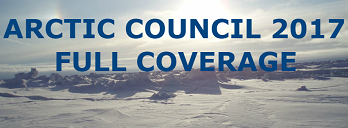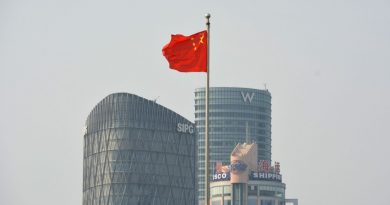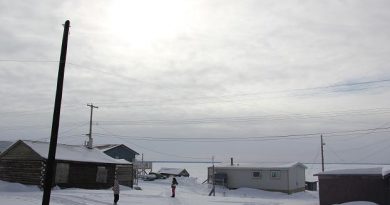Arctic Council ministerial – View from Finland
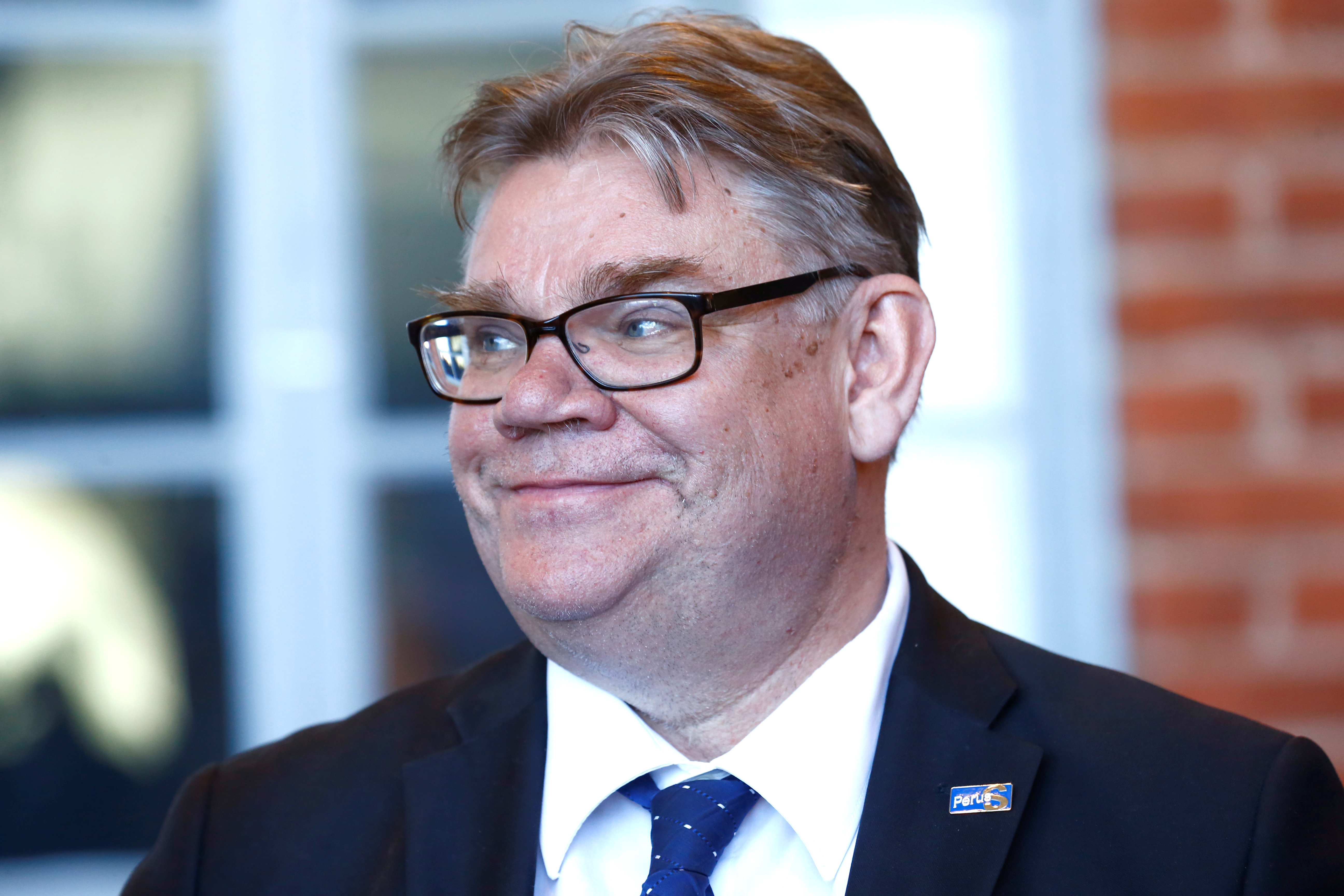
The United States hands the Arctic Council’s two-year rotating chairmanship to Finland on May 11th in Fairbanks, Alaska.
Foreign ministers from all eight Arctic states: Canada, Finland, Denmark/Greenland, Iceland, Norway, Sweden, Russia and the United States are scheduled to attend the ministerial meeting where the accomplishments of the last two years will be announced and the forum’s leadership is officially passed on.
- But what should we be watching for as circumpolar politicians, diplomats and indigenous leaders gather in Fairbanks?
- How did the U.S. chairmanship size up in the end?
- And how will Finnish priorities shape the forum over the next two years?
In the run up to the ministerial, Eye on the Arctic checked in with a series of experts from around the North for their views on what we should all be watching for in Fairbanks, and from the Arctic Council, in the months ahead.
In Monday’s View from Russia, Eye on the Arctic, we talked with Andrei Zagorski from the Russian Academy of Sciences.
In Tuesday’s View from Canada, we talked with Heather Exner-Pirot, Eye on the Arctic blogger and managing editor of The Arctic Yearbook.
In Wednesday’s View from the United States, we talked with Mia Bennett, Eye on the Arctic blogger and founder of the Cryopolitics Arctic news and analysis blog.
And today in our final installment, we bring you our conversation with Timo Koivurova, director of the Arctic Centre at Finland’s University of Lapland.
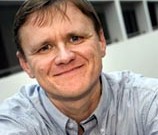
Eye on the Arctic: What grade would you give the U.S. chairmanship and why?
Timo Koivurova: “A.” They had a good set of balanced priorities with climate change as the lead.
Any surprises among Finland’s priorities?
I was surprised there was so much emphasis on Finland organizing a heads of state summit during our chairmanship of the Arctic Council. But our main priorities; education, meteorology, information and communication technologies, connectivity and environmental protection, are our strong points.
What do we know about Finland’s position on engaging with promoting the work of the Arctic Economic Council?
There will be very intense engagement and interaction between these bodies. Finland is foreseeing that there will be sustainable business opportunities,encouragement of investments and creating jobs and growth, by interaction with the Arctic Economic Council.
Connectivity and availability of electronic communication services in the Arctic is in the Finnish chairmanship program, work that is seen as very much corresponding to the work the Arctic Economic Council is focusing on.
There was lots of focus during the most recent North American chairmanships, (Canada 2013-2015) and then the U.S. (2015-2017), about whether policy tensions with Russia would spill over into the Council’s work. Given that Finland and Russia have unique relationship and geographical situation with each other, do you expect this narrative to change?
I’d say Finland is a very good Chair for this particular political time that we’re living in. It’s both a neighbour to Russia and a part of the western alliance and I think it has a lot to contribute to maintaining the good working atmosphere that has prevailed in the Arctic Council.
One big unknown is President Donald Trump. It’s very difficult to forsee how his foreign policy develops because it seems to be based more on intuition than any kind of systematic approach.
How much media coverage has Finland’s upcoming chairmanship been getting back at home?
More and more. Even though the Arctic Council was a Canadian initiative, it was still Finland’s Rovaniemi Process that was then merged into the Arctic Council. So it’s seen in Finland as one of our greatest foreign policy achievements.
What will you be watching for at the ministerial next week?
The climate change and adaption work and how the region will be spotlighted internationally.
Up until now, everything has gone by the book and the current U.S. administration hasn’t really, let’s put it this way, interfered. But we can’t be sure it’s (always) going to be like that.
The Arctic Council is such a big intergovernmental forum it’s a huge challenge and a huge opportunity for a small country like Finland to take over the chairmanship. And we have lots of opportunities to educate people about Arctic issues and that’s something I’m looking forward to.
The above interview has been edited and condensed.
Listen here for more from Eye on the Arctic’s conversation with Timo Koivurova:
Write to Eilís Quinn at eilis.quinn(at)cbc.ca
Related stories from around the North:
Canada: Arctic Council ministerial – View from Canada, Eye on the Arctic
Finland: Finland looks to put education, environment at top of Arctic agenda, Yle News
Denmark: Nordics to step up security cooperation on perceived Russian threat, Yle News
Iceland: The Arctic Council at 20 – View from Iceland, Eye on the Arctic
Norway: Norway and Russia exchange diplomatic smiles about Arctic cooperation, The Independent Barents Observer
Russia: Arctic Council ministerial – View from Russia, Eye on the Arctic
United States: Arctic Council ministerial – View from the United States, Eye on the Arctic
The Arctic Council chairmanship moves from the United States to Finland on May 11, 2017 in Fairbanks, Alaska. Eye on the Arctic’s Eilís Quinn along with EOTA media partners and contributors will be bringing you stories, interviews and analysis leading up to the handover.
→ Read our full coverage here!

